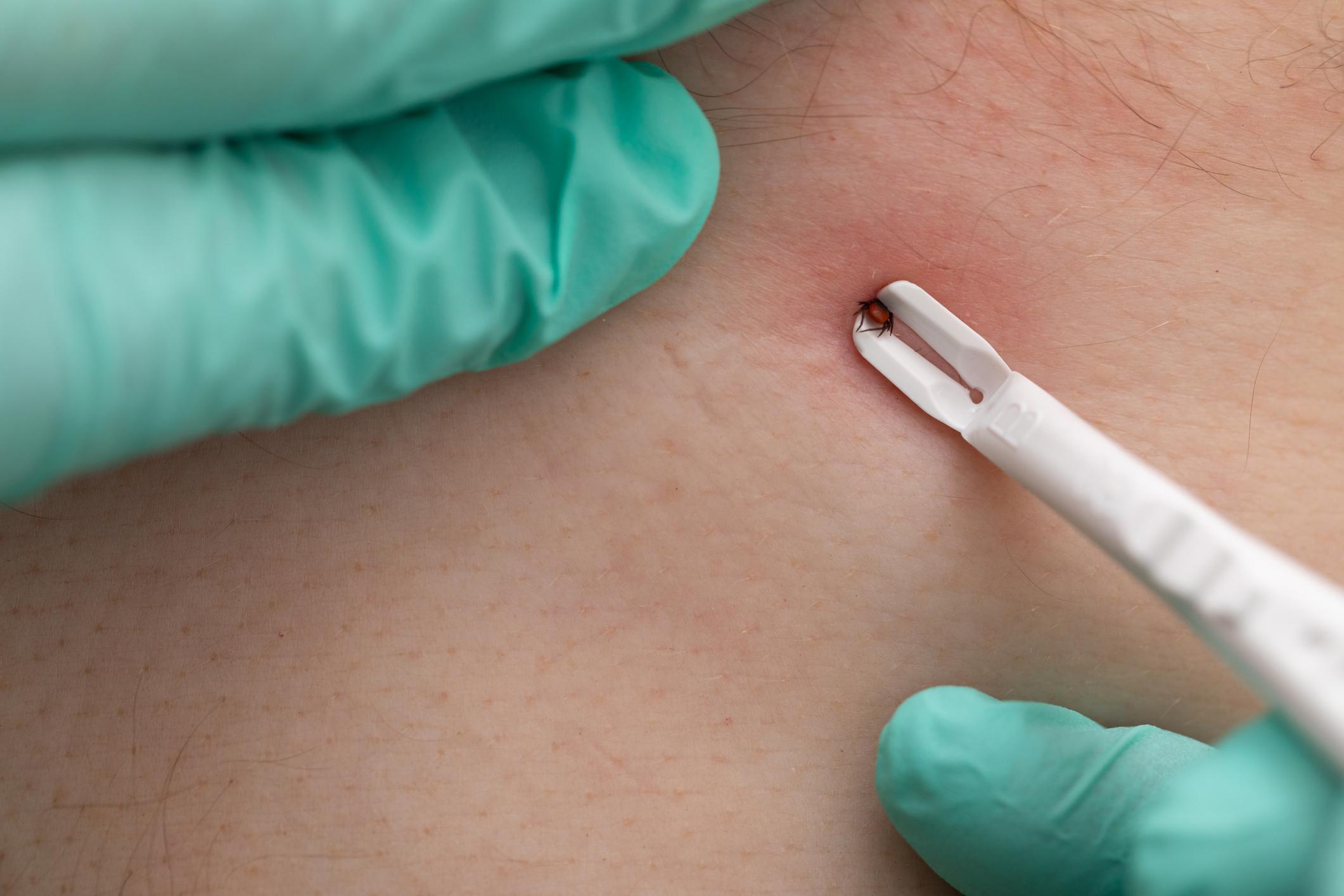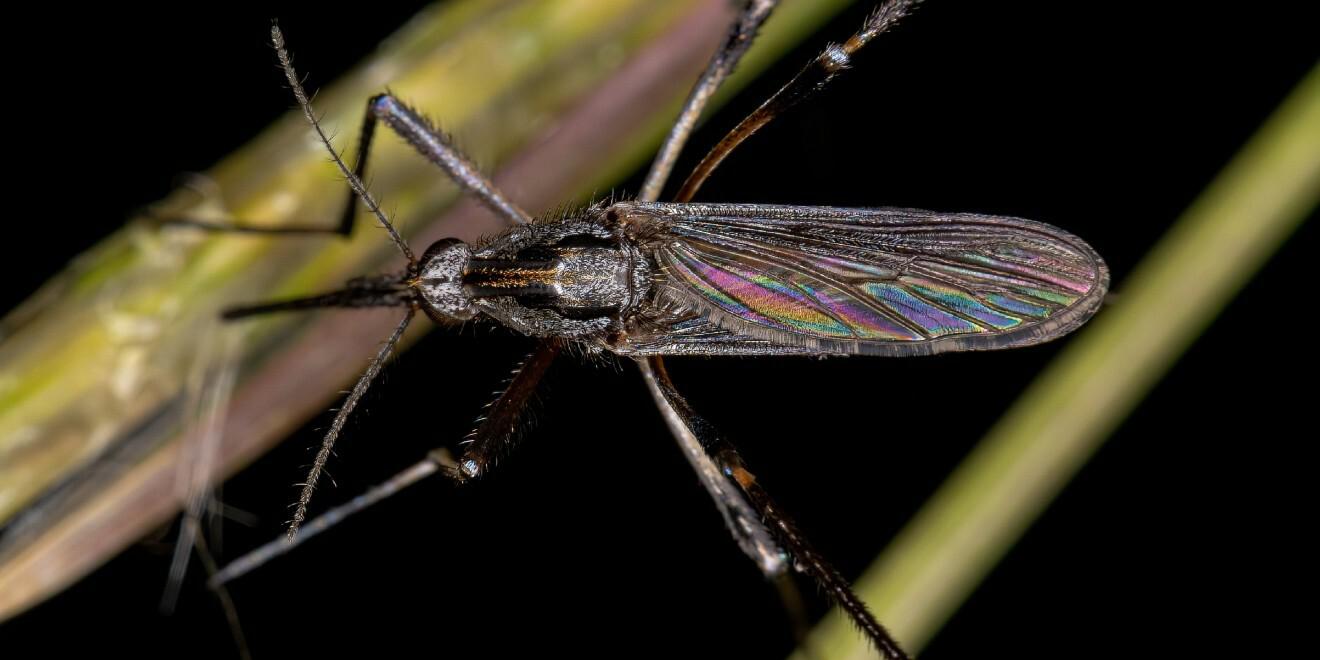Keeping Your Pet Safe From Vector-Borne Illness in Massachusetts
Posted by Mosquito Squad
August 17, 2017
Anyone who has a pet knows how strong the love between you and your pet can be. Whether you have a dog, cat, horse or even a hamster, your pet is still a beloved part of the family. Naturally, as a member of our family, and as a pet owner, you want to keep your pet safe, healthy and happy!
The assumption that mosquito and tick bites can only cause illness in humans is a mistake. Mosquitoes and ticks will feed on your pets just as quickly as they would feed on you. Furthermore, while both carry vector-borne illnesses that affect humans, they too carry illnesses capable of causing serious harm to your pets.
The most common illness transferred to dogs and cats via the mosquito is Dog heartworm (Dirofilaria immitis). Having the name Dog heartworm gives this disease a categorically incorrect designation. It is, in fact, transmissible between dogs, cats, foxes and raccoons.
Ticks also transmit diseases to pets, including Lyme Disease, Rocky Mountain Spotted Fever and Granulocytic Anaplasmosis. Each of these illnesses can be extremely detrimental to your pets.
Keeping your property treated for tick prevention by contacting a licensed professional to treat your property is also important for the prevention of tick-borne illness in both you, and your pet. Make sure to avoid allowing your pet to venture into untreated and overgrown areas where ticks may lurk. Checking your pet on a daily basis throughout tick-season is also key in the prevention of disease. Depending on the type of tick and the disease it carries, the attachment and feeding time may vary from several hours to several days in order to transmit the disease to your pet. So prompt removal is a must.
Many times it is hard to distinguish between symptoms of a vector-borne disease or just lethargy in your dog. Many symptoms are overlooked and chalked up to the heat, eating too much grass, etc. It is important to note any changes in your pet’s behavior during mosquito and tick season. Symptoms to look for in Ehrlichiosis, Babesiosis, Rocky Mountain Spotted Fever and Lyme Disease are a lack of appetite, weight loss, and continued lethargy.
Here are the top five things you need to know to keep your pet happy and safe this season.
- Keep property clean and tidy and un-inviting to ticks.
- Keep your pet on the flea and tick preventative recommended by your veterinarian.
- Have your property treated by a licensed pest control professional.
- Check your pet for ticks after any venture outdoors.
- Remove ticks promptly and properly using the CDC’s tick removal guidelines and contact your veterinarian at the first sign of trouble.
This simple checklist will keep you and your best friend safe this season. Additionally, when searching for licensed, professional tick and mosquito control services in the Weymouth, Hingham and Canton, MA, area Mosquito Squad of Boston Metro South is the company to turn to. Applying our protective barrier treatment can mean all the difference in the world for your pets by protecting them from coming into contact with disease-carrying ticks and mosquitoes on your property.
Visit our Mosquito Squad and Your Pet page located on our website to learn more. You can also call Mosquito Squad of Boston Metro South at (781) 471-5793 for a Free Consultation!
Mosquito Squad of Boston Metro South serves: Abington, Avon, Braintree, Brockton (02301), Canton, Cohasset, Dorchester (02124), Hingham, Holbrook, Hull, Hyde Park, Mattapan, Milton, Quincy, Randolph, Weymouth and Wollaston.…















